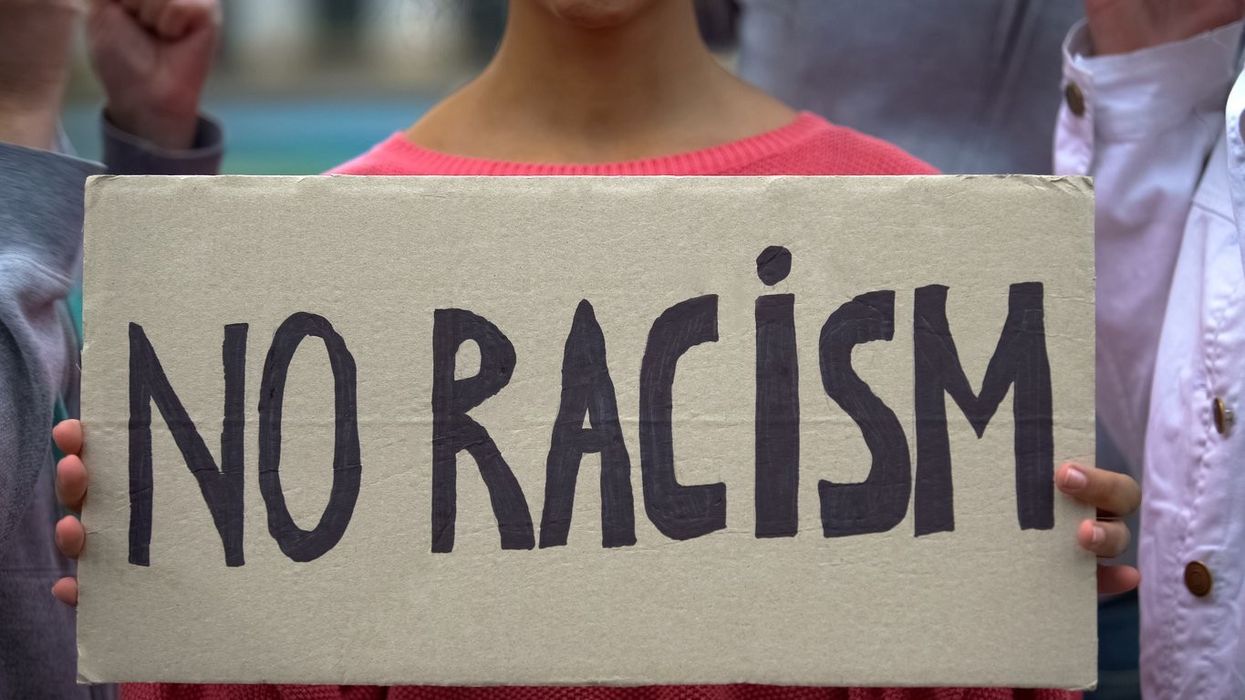DIVERSITY training might prompt people to misidentify racial discrimination where no evidence exists, a new study revealed.
Researchers from Rutgers University in New Jersey conducted an experiment examining how reading texts about race influences individuals' interpretations of social interactions. The study, conducted with the Network Contagion Research Institute, involved over 400 participants who were presented with a hypothetical university admissions scenario.
Participants were divided into two groups. One group read neutral texts, while the other read extracts from prominent diversity scholars like Ibram X Kendi and Robin DiAngelo.
These extracts included provocative statements about systemic racism, such as describing white people as "conditioned into a white supremacist worldview".
After reading these texts, participants were asked to evaluate a fictional admissions interview where a student was rejected. Remarkably, those who read the diversity-focused texts reported 35 per cent more perceived "micro-aggressions" compared to the control group.
Lead researcher Lee Jussim highlighted the potential societal implications. "These findings suggest how persuasive rhetoric can shape perceptions," he explained. "People might start identifying discrimination in entirely ambiguous situations."
While most participants initially selected "no micro-aggressions" as their response, a significant minority - about 10 per cent - claimed to have observed five or more subtle discriminatory actions in the scenario.
Participants who read the diversity texts were also 21 per cent more likely to perceive the interviewer as racist and 16 per cent more inclined to advocate for anti-racism actions.
Jussim suggested these findings might explain the intense discussions surrounding race in recent years. "This raises questions about whether we're experiencing a moral panic over racism," he noted.
However, not all academics were convinced by the study's conclusions. Prof Kevin McConway from the Open University urged caution. He questioned whether participants were genuinely perceiving discrimination or simply responding as they thought the experiment expected.
The research doesn't dismiss the importance of diversity awareness but suggested that some approaches might have unintended consequences. Jussim argued that organisations adopting such rhetoric might inadvertently create an environment where people feel compelled to identify discrimination.
The study's methodology involved using bestselling books about race as source material, reflecting what Jussim described as "common rhetoric" in diversity discussions.
While the findings are provocative, they invite further research into how educational materials and diversity training might be refined to promote genuine understanding without potentially amplifying perceived tensions.














